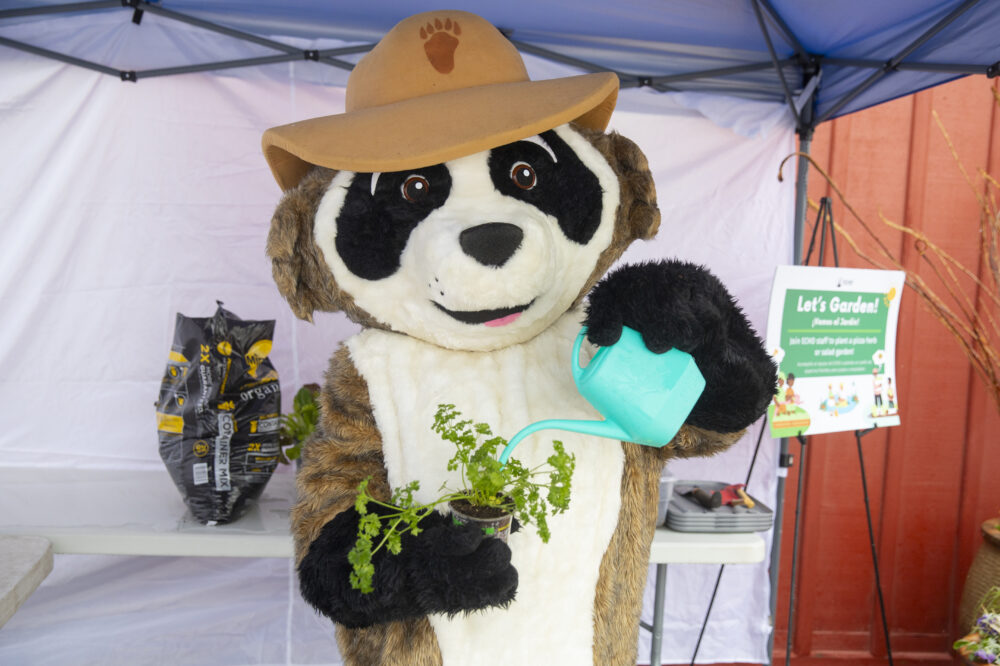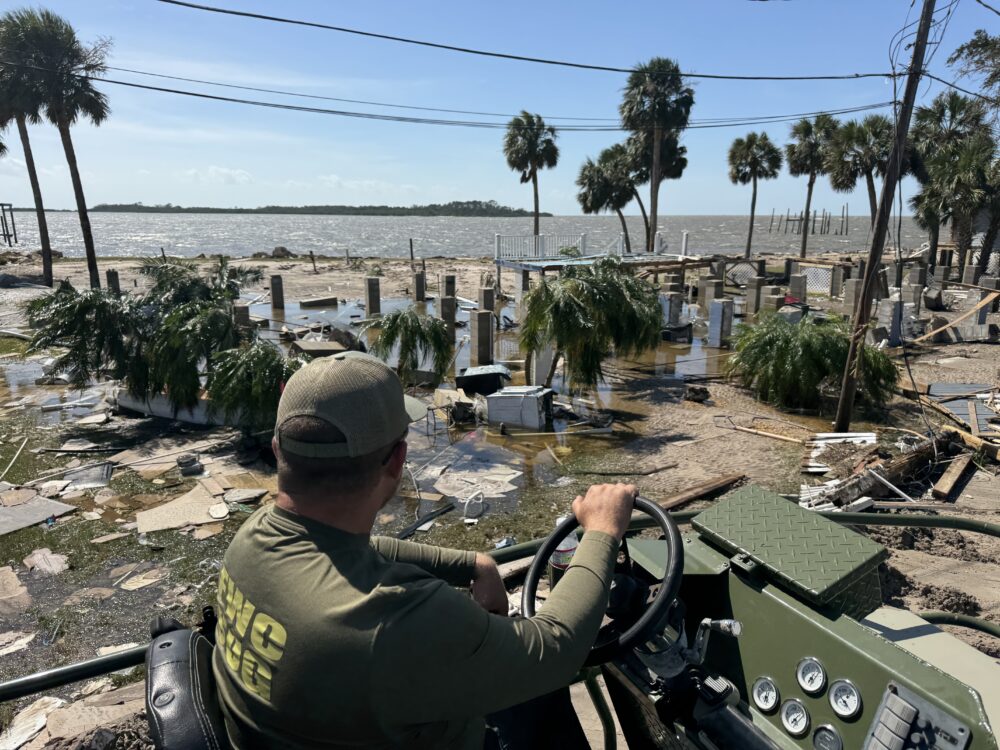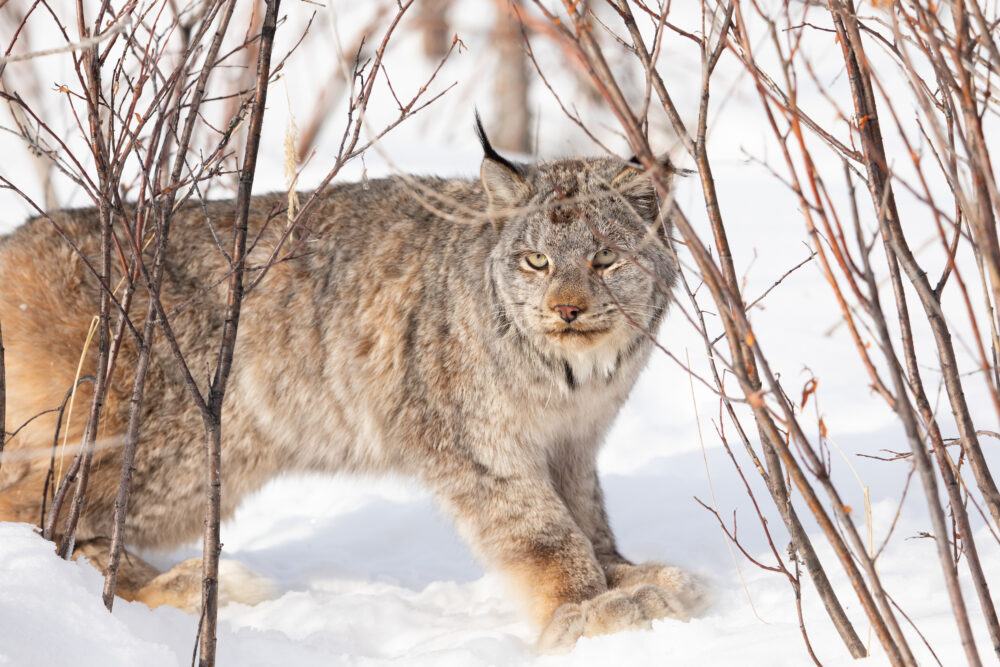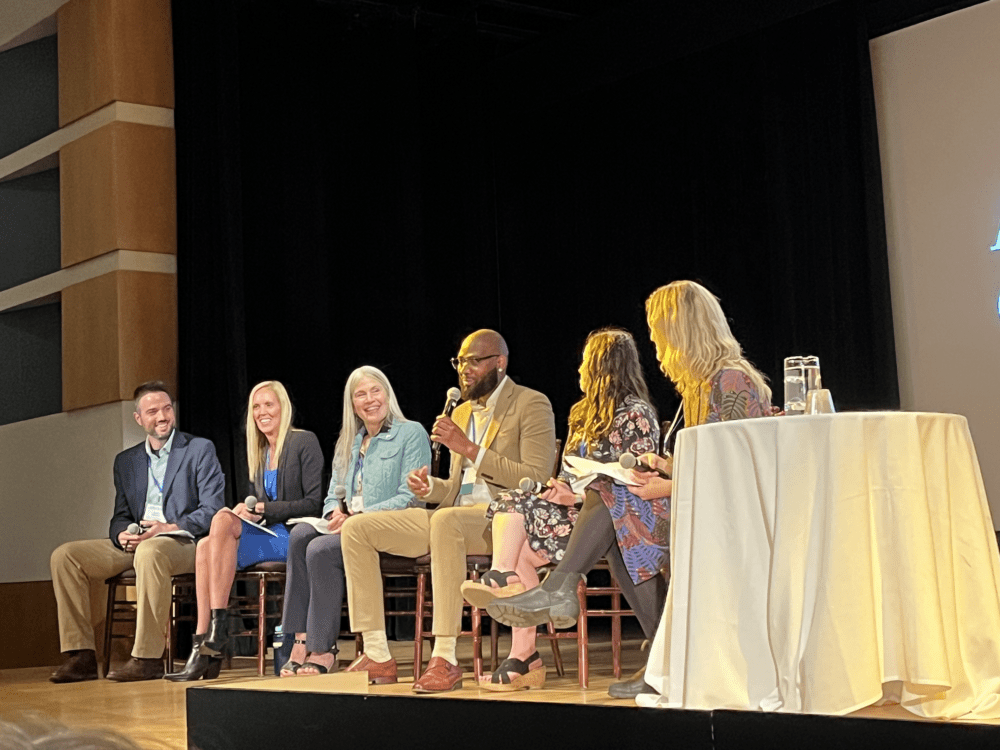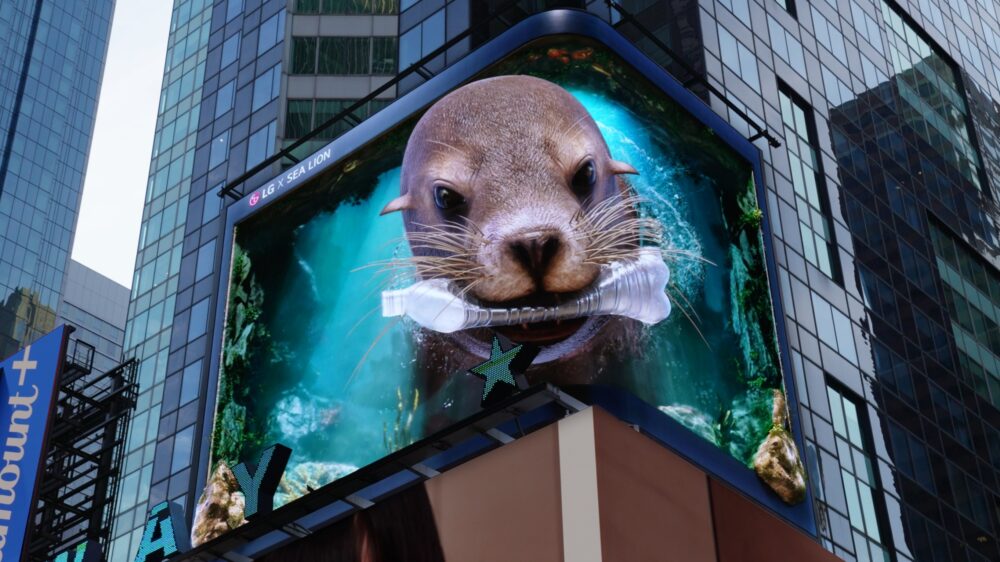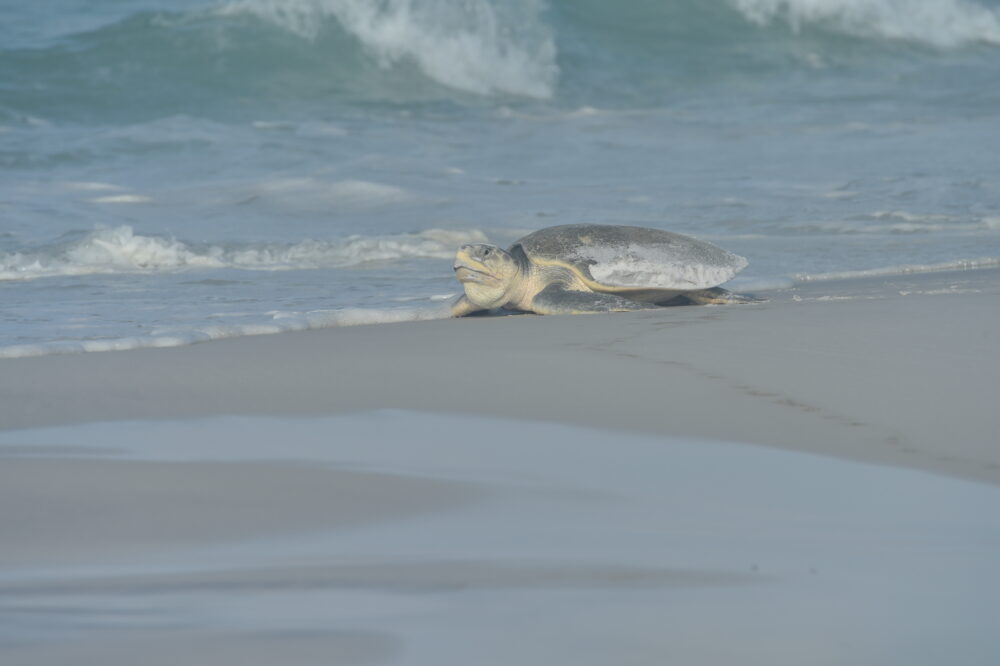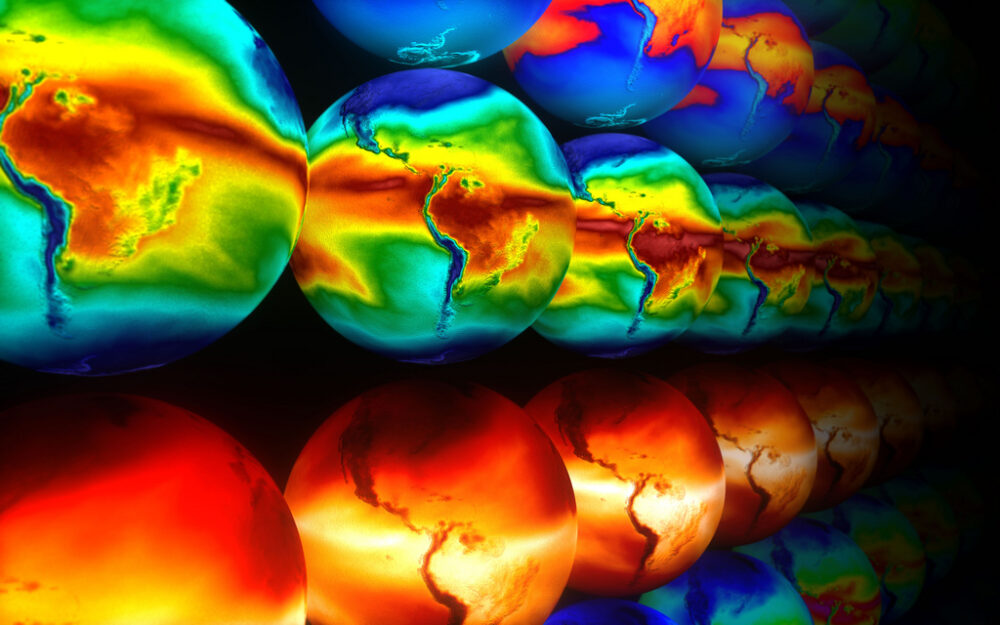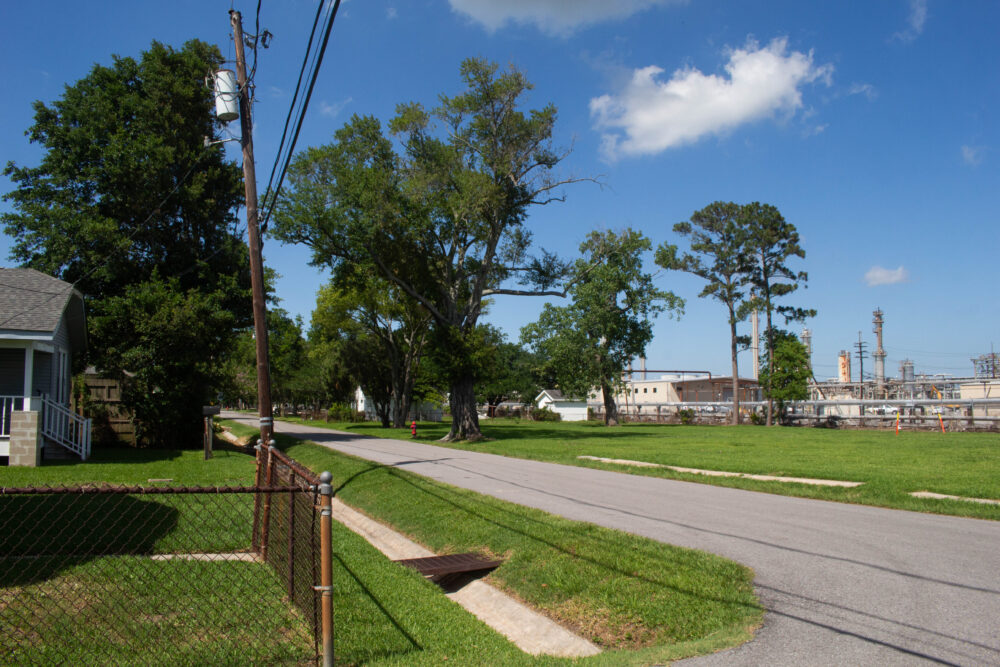We have much more to do and your continued support is needed now more than ever.
Our Public Lands — The Gift that Keeps on Giving and Giving and…
Yet one more report underscores how important conserving our nation’s public lands is to the country’s economy.
The newest report is from our country’s largest landlord, the Interior Department. It outlines Interior’s economic contributions for fiscal 2012 — $371 billion to the U.S. economy and 2.3 million jobs. Those jobs ran the gamut from outdoor recreation to tourism, logging, energy production, hunting and fishing.
When people think about the riches produced from public lands they likely focus on the traditional, nonrenewable sources: oil, gas, coal, lumber and so on. Also of crucial importance to communities across the country are the jobs and revenue produced from recreation, tourism, hunting and fishing.
The value of public lands
And another increasingly important benefit of conserving public lands is the economic edge they provide in attracting businesses and workers seeking a high quality of life. Western business leaders, including those in the high-tech industry, recently traveled to Washington to tell their elected representatives how important conservation is to the regional economy.
A new report by the National Wildlife Federation, “Valuing Our Western Public Lands: Safeguarding Our Economy and Way of Life,” highlights several recent studies and surveys showing that areas in the Rocky Mountain West with higher percentages of conserved public lands report higher growth rates in jobs, income and population. Property values are also typically higher.
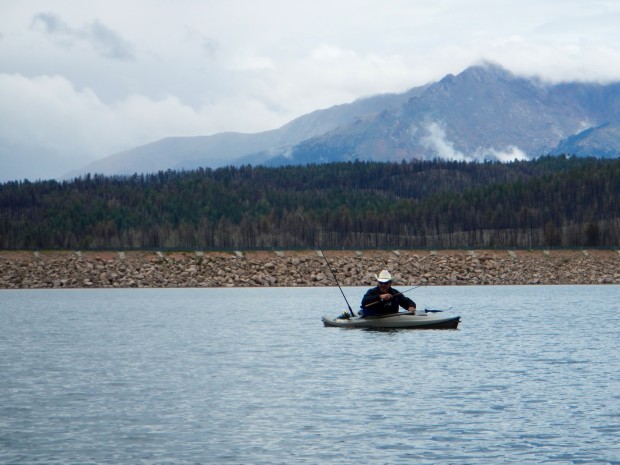
“Our conservation efforts are important – not only to protect our land, air and water but from a business perspective as well,” Bennet said in a recent NWF news release.
In announing the new report Monday, Interior Secretary Jewell noted that the long-term economic contributions of conserving wetlands and wildlife habitat aren’t easily quantified and, thus, aren’t figured in the total.
“It’s difficult to quantify the value of protecting our nation’s hunting or ranching heritage, the benefits of healthy watersheds and air quality or the power of ensuring our treasured landscapes and historic places will be accessible to the next generation,” Jewell said.
National parks, wildlife refuges and other lands managed by the Interior Department logged an estimated 417 million visits last year, pumping $45 billion into local economies and supporting 370,000 jobs, according to the report. Interior grant and payment programs supported such activities as reclamation of abandoned mines, historic preservation, conservation and tribal governance for a total contribution of $11 billion and 89,000 jobs.
A 2012 report by the Outdoor Industry Association found that the outdoor recreation industry, including fishing and hunting, contributes nearly $650 billion to the U.S. economy and supports more than 6 million jobs. The report said the outdoor recreation industry supports more jobs than the oil and gas industry (2.1 million); finance and insurance (5.5 million); and construction (5.5 million).
The West’s new riches
Industries traditionally associated with Western public lands — logging, mining, oil and gas drilling — are still important and provide needed materials, but are often cyclical and have become a smaller part of the overall economy. A 2012 report by Southwick Associates for Sportsmen for Responsible Energy Development cited a federal analysis that found commodity production made up only about 4 percent of the Rocky Mountain West’s employment in 2009.
And yet some state and federal lawmakers continue a push to sell millions of acres of our public lands, turn them over to the states or roll back environmental protections. Surveys show that the majority of the voters and self-identified hunters and anglers oppose those moves. They understand the long-term benefits of conserving our public lands, protecting them as an essential legacy for future generations — and preserving the gift that keeps on giving.
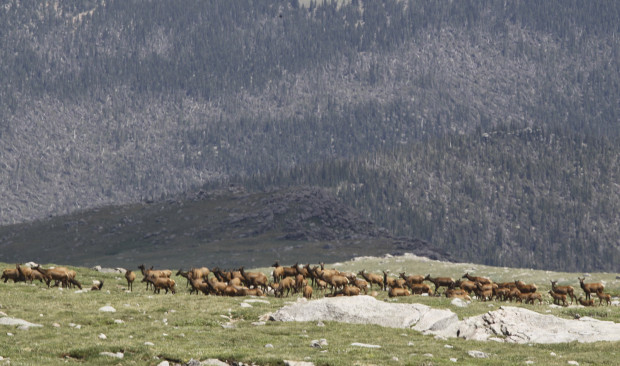
![]() Help protect our public lands from development. You can take action to help wildlife on our public lands today>>
Help protect our public lands from development. You can take action to help wildlife on our public lands today>>





